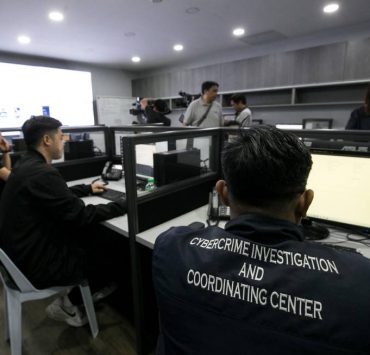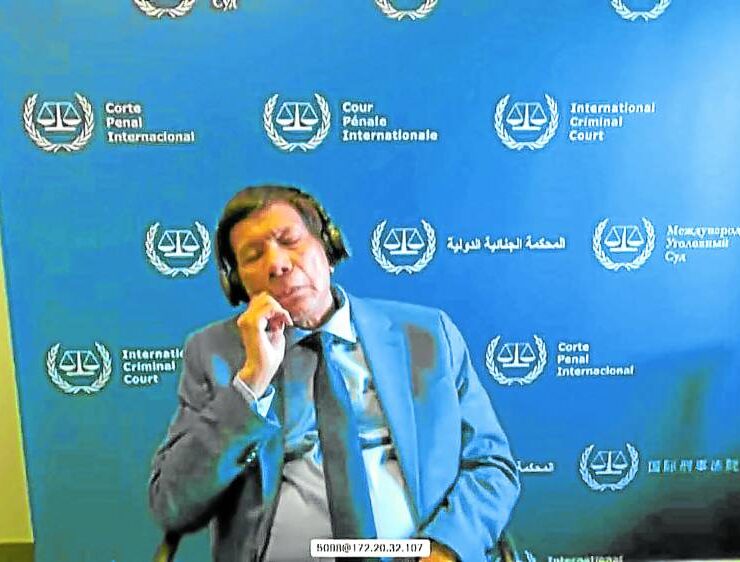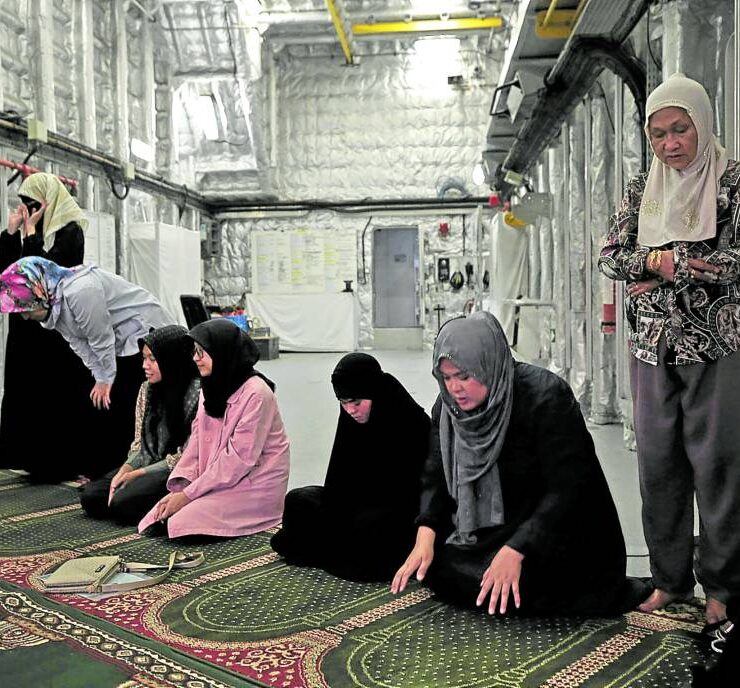Pontifical secret out: Leo changes his Wordle start word each day
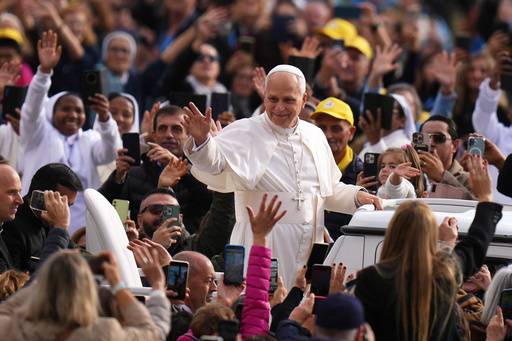
ROME —Pope Leo XIV opened a virtual meeting with American Catholic young people Friday by revealing a closely held pontifical secret: he uses a different Wordle start word each day.
Leo divulged his strategy for the popular New York Times online game before fielding questions via videoconference about artificial intelligence (AI), social media and the future of the Catholic Church.
The Chicago-born pope was hooked up from the Vatican to speak remotely to the National Catholic Youth Conference, an annual Catholic rally held this year in Indianapolis, via a feed from US Catholic broadcaster EWTN.
After Leo’s election in May, his brother John Prevost revealed that Leo plays Wordle every day and that the brothers compare scores, as many friends and family do.
Limits of tech
Leo was asked about his strategy at the start of Friday’s Q&A, which was otherwise somewhat scripted. Playing along, Leo revealed “I use a different word for Wordle every day, so there’s no set starting word.”
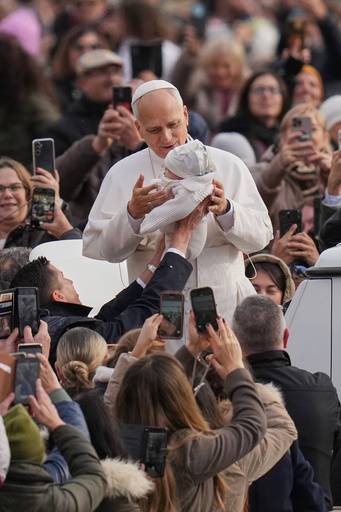
The simple, free online puzzle lets players guess a five-letter word in six tries with no hints and has millions of daily players around the world.
After the big reveal, Leo spent the hourlong encounter fielding prepared questions from a handful of the conference participants, who asked him specifically about technology’s hold on young people. Leo, who himself was a Twitter user before his election, said social media was a great way to stay connected and to even deepen one’s faith.
Mind thy screentime
But he warned that it can never replace real human relationships. He urged young people to follow the example of St. Carlo Acutis, a teenage Catholic influencer canonized earlier this year who set limits on his screen time to make sure video games didn’t monopolize his free time.
“I encourage you to follow the example of Carlo Acutis,” Leo said. “Be intentional with your screen time. Make sure technology serves your life and not the other way around.”
Leo also applied that lesson to AI, a topic he has said is a priority concern for him. He told the young people it was a powerful tool but that they must learn to use it responsibly, and not let it interfere with their maturing into adults capable of making choices.
“Using AI responsibly means using it in ways that help you grow,” he said. “AI can process information quickly, but it cannot replace human intelligence. And don’t ask it to do your homework for you,” he said to laughs.














